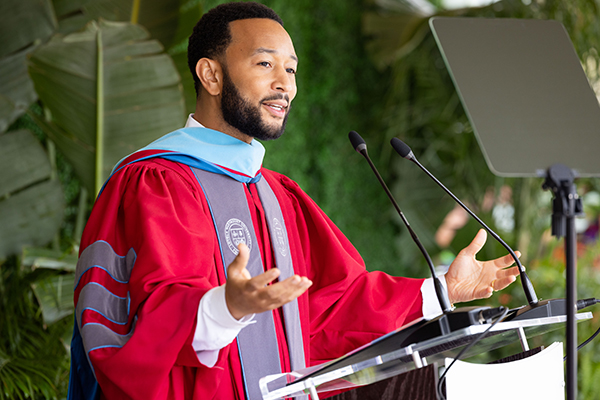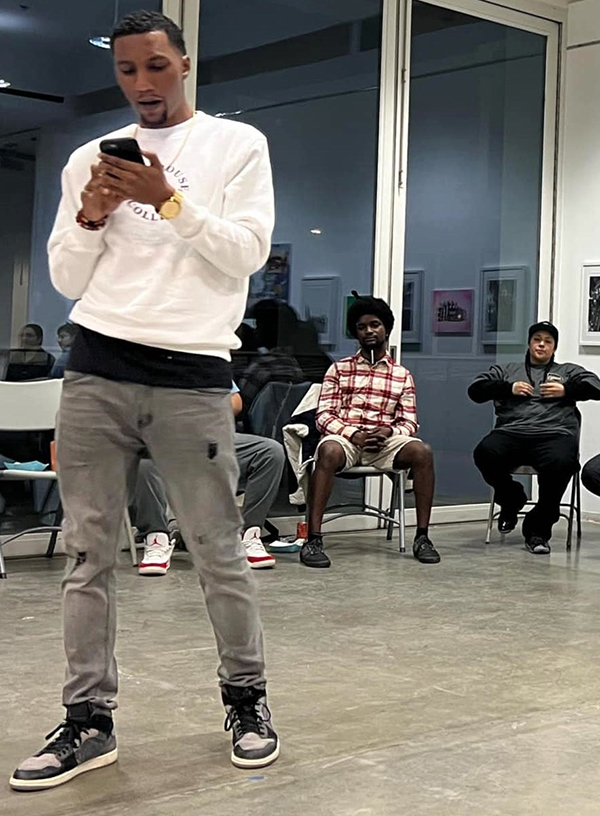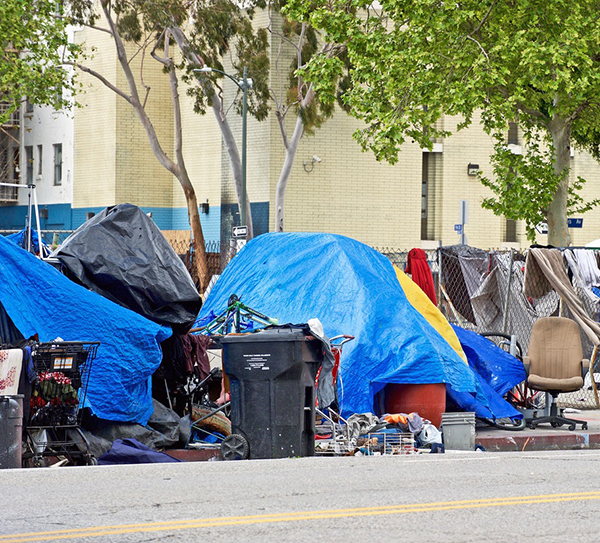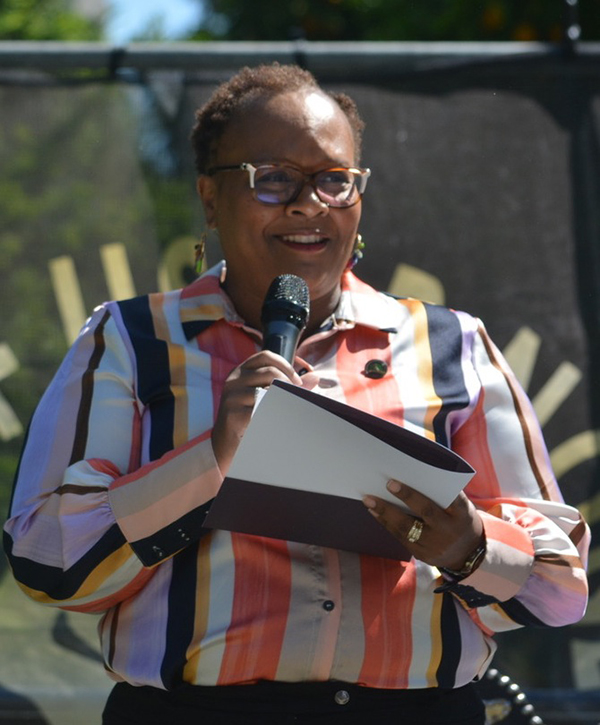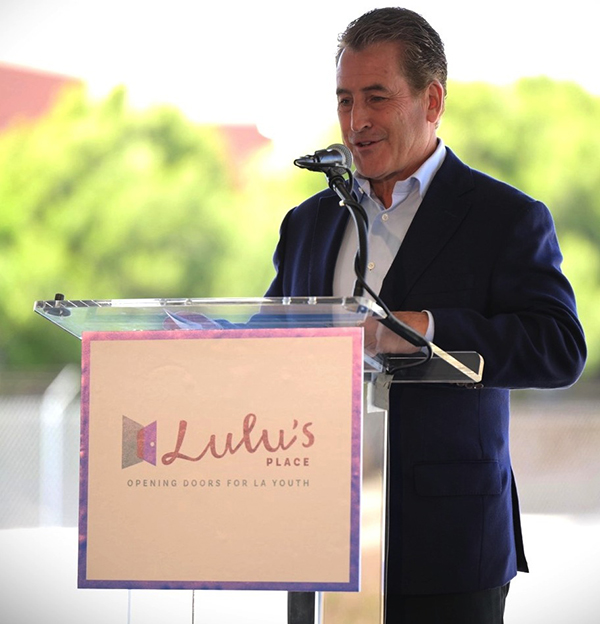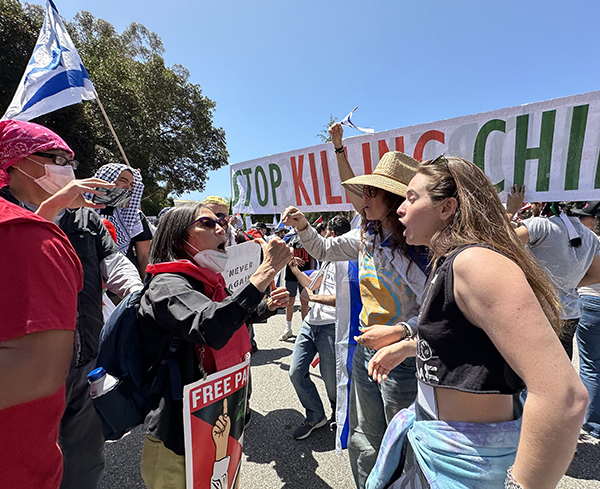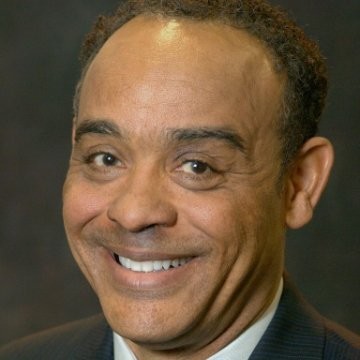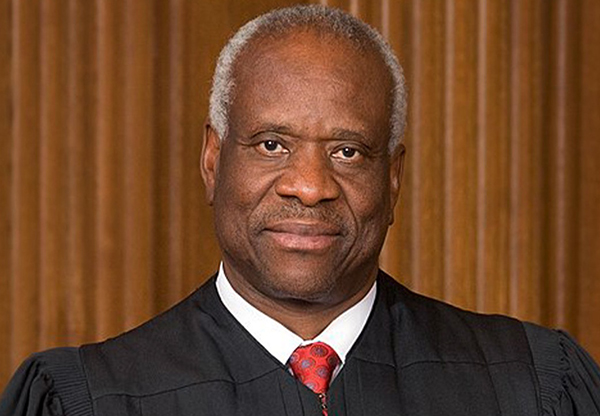By Earl Ofari Hutchinson
Contributing Columnist
In the U.S. Supreme Court’s decision to scrap Roe vs. Wade in June 2022, Associate Justice Clarence Thomas didn’t just simply cast the predictable affirmative vote. He went further and virtually demanded that the court take action to scrap the court‘s favorable decisions on “fundamental rights” such as the use of contraceptives, same-sex marriage and even interracial marriage.
This is the second in a two-part series on Supreme Court Justice Clarence Thomas. It is an excerpt from Earl Ofari Hutchinson’s forthcoming book, “Thomas’s America.”
At that point, Thomas was five years away from setting the record as being the longest-serving judge in court history. If he set that record given the increasingly tight lock of the conservative majority, Thomas had a better than even chance of seeing much of his dream of torpedoing those rights become a dreaded nightmare reality.
The conservative majority’s ruling to eliminate affirmative action in college admissions was a telling example of Thomas’s putting his indelible marker on the court, said one Thomas watcher.
Thomas’s emergence as the new guiding light on the court in 2023 came full circle back to his being a man of his word. Since that fateful day in 1991 when by the narrowest of margins, a deeply divided and even more deeply reluctant Senate confirmed him to the high court, Thomas vowed payback against those who ridiculed, reviled and hounded him during the confirmation fight. He would never forget that humiliation.
He proved that first in yet another of his patented one-man dissents against the court’s majority ruling in February 2013 not to scrap a key section of the Voting Rights Act. Thomas went against his fellow hard-line strict constructionist judge Antonin Scalia in his dissent.
He argued that he would dump the Voting Rights Act since as he put it “The extensive pattern of discrimination that led the court to previously uphold Section 5 … no longer exists.”
A decade later in June 2023, Thomas was back at it again. He was furious that the justices by a 5 to 4 decision struck down Alabama’s blatant move to racially gerrymander districts to dilute Black voting strength in violation of the 1965 Voting Rights Act.
Thomas was in top belligerent form in penning an angry, nearly 50-page dissent that ripped anything he saw as promoting a racial preference.
He called the court’s Voting Rights Act decision as “nothing more than a racial entitlement to roughly proportional control of elective offices — limited only by feasibility — wherever different racial groups consistently prefer different candidates.”
He wasn’t finished. He blustered that the Voting Rights Act doesn’t require Alabama to “intentionally redraw its longstanding congressional districts so that Black voters can control a number of seats roughly proportional to the Black share of the State’s population.”
Thomas’s contrarian votes on race-based court cases, of course, made no sense to most legal experts. But his decisions made sense because they had less to do with his warped interpretation of law and its practice than with his publicly expressed racial views, and his private vow to get revenge.
In his memoir, “My Grandfather’s Son,” he branded those who reviled him as the “liberal mob.” He returned to his constant theme that they had one goal, and only one goal and that was to “keep the Black man in his place.” The Black man of course was Thomas.
The other theme that coursed through Thomas’s clinical need for payback was his obsessive view of himself as the eternal outcast. In that American Enterprise Institute lecture in 2001, the title “Be not Afraid” was in part a characterization of how he felt he was constantly hectored by civil rights groups for his conservatism. In greater part, it was meant to be a bold, defiant and aggressive warning that he would not change one iota his position on the issues and would continue to punch away on the court to further his agenda.
There were some cases where Thomas cast the only dissenting vote. However, he was undeterred. He believed what he said and wrote even when others didn’t and couldn’t. But even if he didn’t, he still would have said and written the unbending case dissents and opinions he did.
By now, Thomas has established a firm pattern of being a lone dissenter in court cases that had even the remotest tie to a conservative-favored issue. Former President Donald Trump’s ferocious effort to get the Supreme Court to uphold his right to refuse to turn over documents to a House investigating committee was a prime example.
Thomas’s five conservative companion judges quickly shot down Trump’s request. Not Thomas.
Here’s exactly what the Supreme Court published about its decision: “The application for stay of mandate and injunction pending review presented to the chief justice and by him referred to the court is denied.” It later states “Justice Thomas would grant the application.”
Thomas gave no reason for his one-man vote that swam against the court tide, including that of the other court conservatives. In truth, his seemingly meaningless dissent was no surprise. He was simply fulfilling his vow of payback.
Earl Ofari Hutchinson is an author and political analyst. He also is the host of the weekly Earl Ofari Hutchinson Show at 9 a.m. Saturday on KPFK 90.7 FM Los Angeles and the Pacifica Network.

